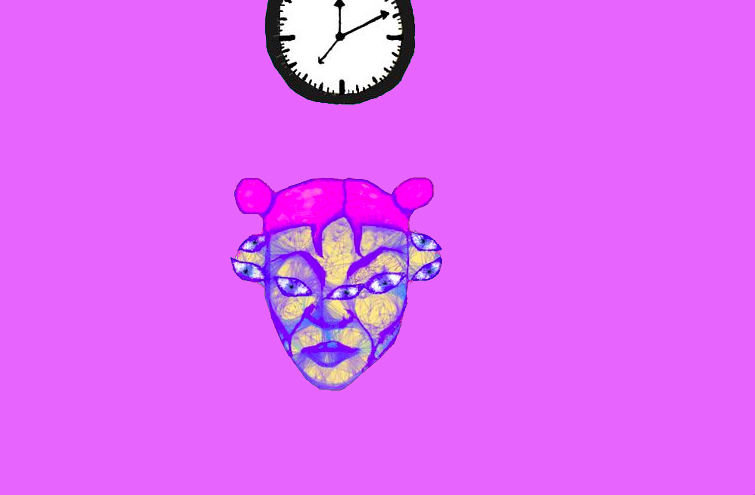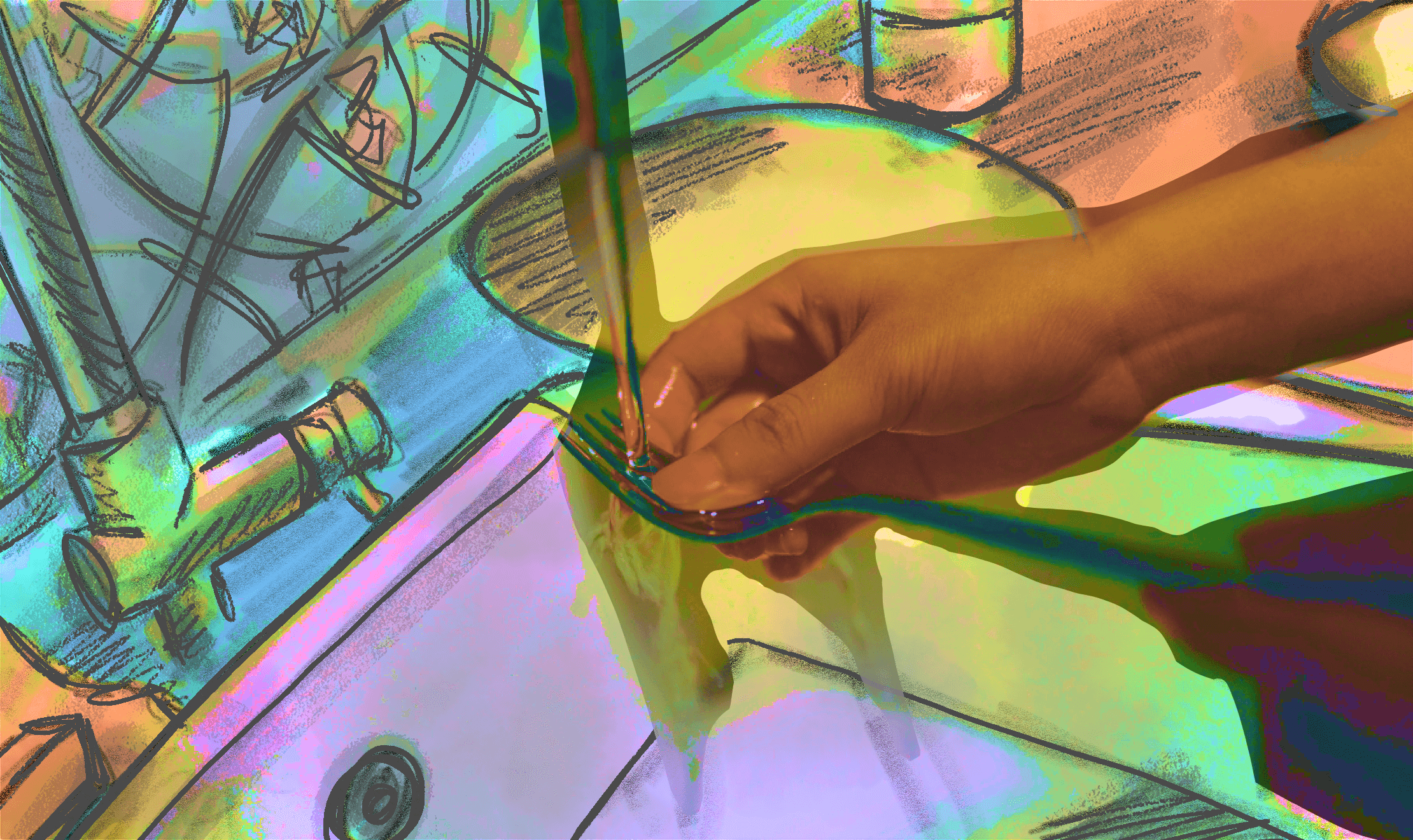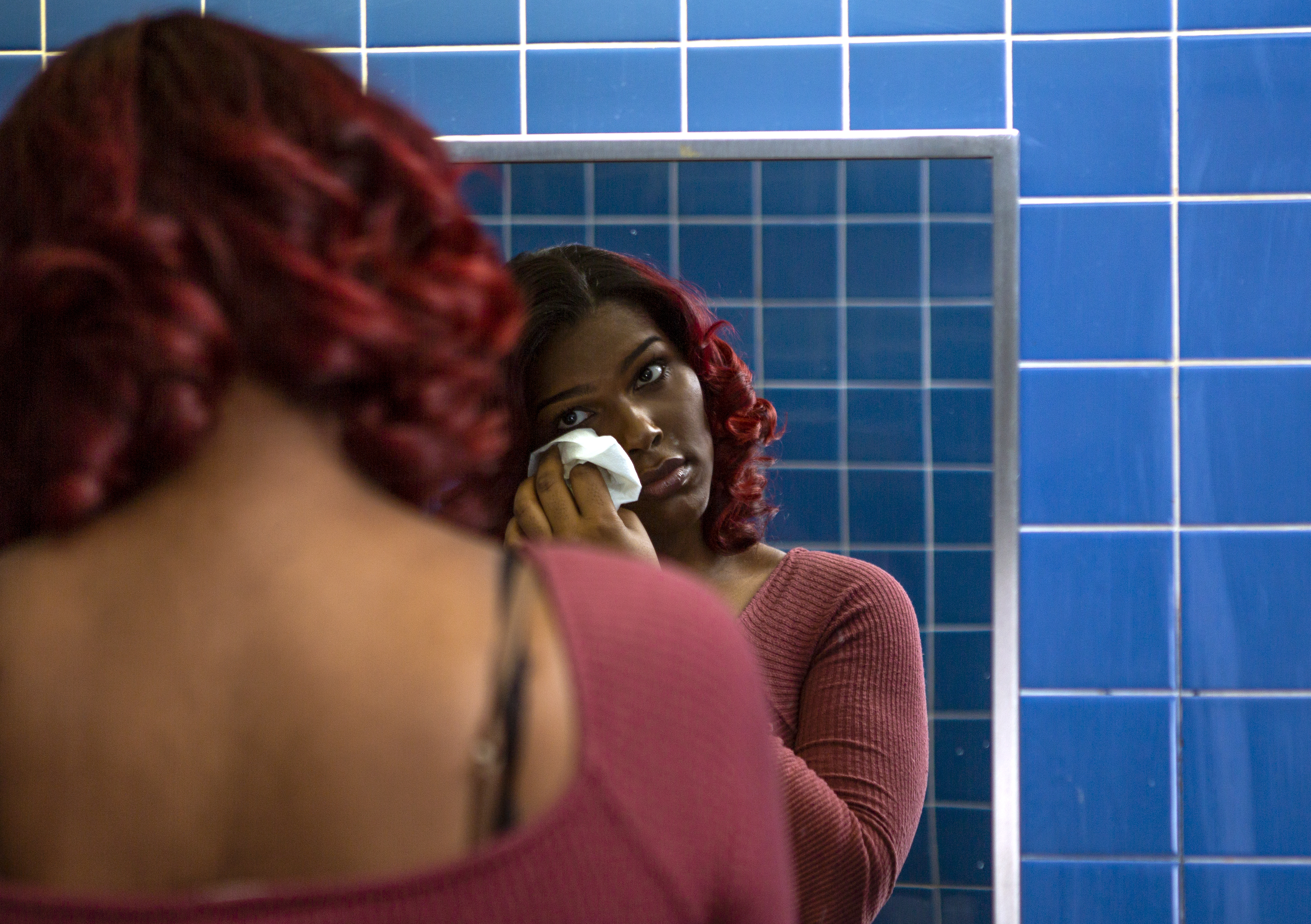
#SELFCARESUNDAYS: overcome these 6 factors to create from an honest place
Michelle Bonsu
11 Nov 2018
Image by Maia Magoga
Recently, I revisited a piece I’d written about wellness. As I read the words aloud and they echoed back to me, I cringed. Who wrote this? The article sounded so contrived – it was missing the rawness and honesty I appreciate in my favourite work. I looked back at other lacklustre creations and uncovered the missing ingredient: authenticity. After much self-reflection, I’ve determined factors that prevent me from creating authentically and tips on working through these hindrances. Hopefully my insight can help you create from an honest place.
1. Fear
In the past, I held back on expressing my true feelings because I was afraid of judgment, misunderstanding and harassment. I am afraid of my work being misinterpreted, of not being seen as I truly am. As storytellers, artists and writers, it’s not easy to let go of these fears.
It’s valid to have concerns surrounding our creations, especially as marginalized people. The backlash from being radically ourselves and speaking candidly about our identities and lived experiences is enough to deter us from expressing our raw selves. Sometimes black women are punished for creating unapologetically, for asserting their presence, for expressing their vulnerability, and it’s scary to think this might happen to me if I share my uncensored self. The idea of my family, friends and peers seeing me – seeing my truth, my nakedness – scares me.
What encourages me to push through fear is the connection I feel when I take in the raw, real creations of other black women. Their courage empowers me to be unabashed with my words and artistic expressions. I yearn to connect with other black women and foster spaces for us, and I can only do that when I create from my soul. I’m not without fear, but keeping this in mind, and not losing sight of why I create, helps me to practice authenticity.
“I’ve learned – and continue to learn – this key message: perfectionism stifles creativity.”
2. Perfectionism
When I write, I think about forming symmetrical sentences and crafting deep, relatable content. I worry about awkward clauses and I become preoccupied with choosing the perfect words and writing in the best form.
My perfectionism is rooted in impatience in the creative process and anxiety about being seen as flawed. I’ve learned, and continue to learn, this key message: perfectionism is not conducive to practicing authenticity. Perfectionism actually stifles creativity.
It’s okay if the first draft is not perfect. It’s okay if the final creation is flawed. We are always learning, growing and evolving, and putting pressure on ourselves to achieve perfection is unrealistic and exhausting.
From one perfectionist to another: when it comes to creating, just do it. Stop planning and overthinking. If you’re a writer, focus on communicating the message; don’t worry about grammar and spelling in the first draft. I’m a strong advocate of journaling and recording my emotions, thoughts, and ideas; this unfiltered writing prompt has been instrumental in moving past perfectionism to craft authentic pieces.
3. Alignment
I feel like my most authentic self when I am passionate about my craft and feel a calling to create – in these moments, I am driven by urgency and necessity. I don’t think twice about creating honest work because everything flows naturally.
It’s challenging to produce authentically when we’re not aligned with our craft. When there’s a mismatch between the medium and the artist, creating can feel burdensome and stressful. What draws me to create? How does this task make me feel? These questions have helped me discover my passions and focus on activities that align with my spirit.
“When my work feels dishonest, I know it’s time to break my routine and cultivate new experiences”
4. Mindfulness
As a writer, I’m moved to action not only by my ideas and imagination, but also through my senses. When my work feels dishonest, I know it’s time to break my routine and cultivate new experiences. I’m an intuitive introvert – I live in my head – so it requires a conscious effort to be fully present. To practice mindfulness and connect with my environment, I meditate and engage in activities that enhance body awareness. I also attend events and seek out spaces that foster dialogue and nurture community. These intentional practices motivate and inspire me to create authentically.
5. Impatience
Creating is a process that requires time. Our capitalist society places great emphasis on productivity, often at the cost of our physical and emotional wellbeing. We cannot adopt this model of creation if our goal is to develop truthful depictions of our experiences.
I’m not always in the mood to write. Sometimes, I’m tired, burnt out, and I’d rather lay in bed and watch YouTube videos. When I ignore my body’s needs and pressure myself to write, my pieces feel contrived.
It’s okay to hit pause and retreat to our self-care practices, to replenish our souls so we can return to the real, hard work of creating honestly. This can mean giving yourself more time to complete an essay or working on a project for three weeks, recharging, then continuing a week later. It might even take three months to see an idea to fruition in a way that reflects our intentions.
6. Intent
Sometimes when I write, I imagine someone reading my words. What do they want to read? What will impress them? My muscles tense as I brainstorm content to satisfy the lurking shadow.
I want to create authentically without mimicking a false persona of what a creator “should” be. When I hear the lurking reader, it’s a sign that I’m not creating for myself, that I’m crafting sentences to appease the intruder.
I believe that we should create for ourselves first and foremost. My work is a direct reflection of how I feel, what I see, what I want to see, and who I am. I cannot practice authenticity if I’m not creating for myself. If others connect with my work, that’s fantastic – but it will come naturally, as we cannot create for an imaginary audience and neglect ourselves in the process.
Authenticity is not synonymous with detailing personal narratives or disclosing trauma we are not comfortable revealing. For me, it means expressing myself from a place of intention and truthfulness. Creating from a place of honesty is an ongoing process that requires continuous self-reflection. When I see the results of building from my heart, I am instantly fulfilled, and my creations become a site of catharsis and healing.









